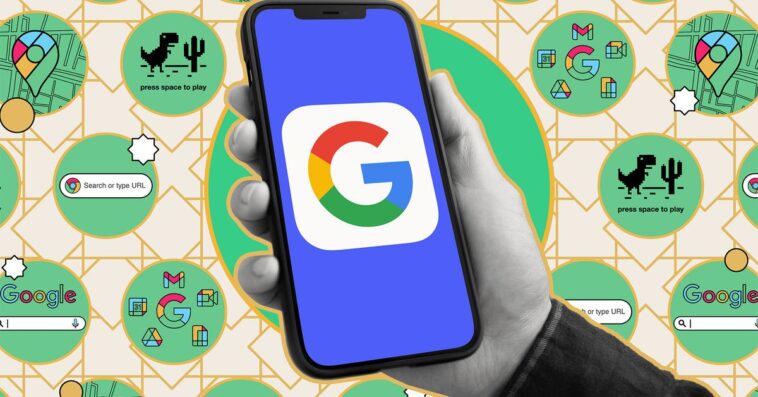Google’s next step into a passwordless future is here with the announcement that Passkeys – a new cryptographic key solution that requires a pre-authenticated device – are available for Google accounts on all major platforms. Starting today, Google users can switch to using Passkeys when logging in and completely abandon their passwords and two-step verification codes.
Passkeys are a more secure and convenient alternative to passwords proliferated by Google, Apple, Microsoft and other FIDO Alliance-affiliated tech companies. You can replace traditional passwords and other sign-in systems like 2FA or SMS verification with a local PIN or on-device biometric authentication—like fingerprint or Face ID. This biometric data is not shared with Google (or any other third party) and master keys only exist on your devices, which provides more security and protection as there is no password to be stolen in a phishing attack.
Google accounts will request your passkey to sign in or verify your identity when sensitive activity is detected
If you add a passkey to a Google Account, the platform will prompt you when you sign in or when it detects potentially suspicious activity that requires additional verification. Google Account passkeys are stored on any compatible hardware — like iPhones running iOS 16 and Android devices running Android 9 — and can be accessed via services like iCloud or password managers like Dashlane and 1Password (expected in “early 2023”).
You can still use someone else’s device to temporarily access your Google Account. If you select the Use passkey from another device option, a single sign-on is created and the passkey is not transferred to the new hardware. As Google notes, you should never create passkeys on a shared device because anyone who can access and unlock that device can access your Google account.
Users can instantly revoke passkeys in Google Account settings if they suspect someone else can access the account or if they lose the only device that the passkey is stored on. Google says users enrolled in its Advanced Protection Program, a free service that offers extra protection against phishing and malicious apps, can use passkeys instead of their usual physical security keys.
“We’re excited about Google’s announcement today because, both because of the size of Google and the breadth of actual implementation, it dramatically advances the adoption of passkeys – essentially enabling anyone with a Google account to use passkeys.” , Andrew Shikiar, Executive Director of FIDO Alliance, said in a statement. “I also think this implementation will serve as a great example for other service providers and will be a game changer for accelerated passkey adoption.”
It will be a while before Passkey support is widespread, so Google Accounts will continue to support existing sign-in methods like passwords for the foreseeable future. This gives people who don’t currently have access to a device that supports biometric authentication time to switch to the new technology. It seems Google Is however, it plans to eventually transition fully to passkeys, encouraging users to make the switch now, writing on its blog that it would explore other login methods “as passkeys gain broader support and familiarity.”
Today’s announcement follows smaller Passkey implementations from Google. Google’s Chrome browser gained Passkey support in December last year, but Passkey-supported websites and services are still relatively rare. This makes it difficult to go entirely password-free just yet. 1Password has a page detailing which sites and services support Passkeys, and hopefully the authentication technology will be adopted more quickly now that companies like Google embrace a passwordless future more fully.
#Google #accounts #passwordless





